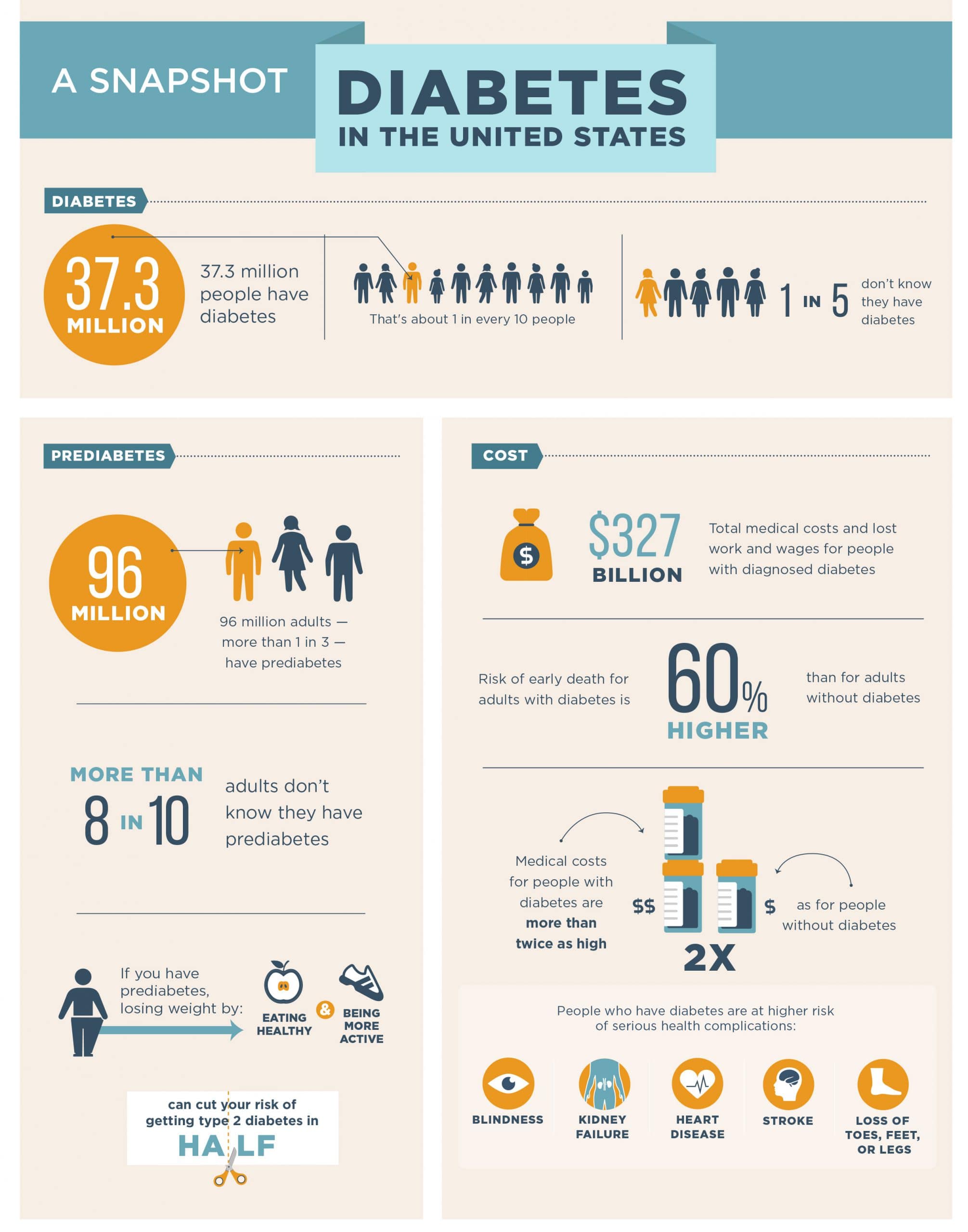Coronary Artery Disease (CAD)
Heart Disease is a chronic condition that is one of the leading causes of death in the United States. Heart Disease describes the different types of heart conditions. Heart conditions that are often associated with Heart Disease are Arrhythmia, Atherosclerosis (hardening of the arteries), Cardiomyopathy, Congenital heart defects, Coronary artery disease (CAD), and Endocarditis (Heart infection). Coronary artery disease is the most common type of Heart Disease in the United States, about 18.2 million adults aged 20 and older have CAD[1]
Plaque build-up along the walls of our arteries can cause coronary artery disease. Cholesterol and other material within our arteries make up these plaques. As the plaques continue to deposit in the lining of our artery walls, that build-up can cause our arteries to narrow over time to where blood flow within the artery is either partially blocked or completely blocked. In a healthy artery wall, the cells are smooth and elastic, which allows for blood to flow with no issues. Chest pain and discomfort are two typical signs and symptoms of CAD. For most people, a heart attack is often the first clue that they may have CAD. Those symptoms are chest pain, shortness of breath, pain or discomfort in the arm or shoulder, and light-headedness. Over time, CAD can weaken the heart muscles to the point where the heart cannot pump blood properly, thus causing heart failure[2]. There are many diagnostic tests that a physician can use to diagnose the onset of CAD. A few standard tests are an electrocardiogram (ECG), Echocardiogram, and Cardiac CT scan.
There are many risk factors associated with CAD. Age, sex, family history, smoking, blood pressure, cholesterol levels, weight, activity levels, and stress are all essential factors that play a role in the onset of CAD. Family history is one risk factor to pay close attention to. A familial history of heart disease is often associated with a higher risk of CAD. If your brother or father is diagnosed with heart disease before the age of 55 or if your mother or sister is diagnosed with heart disease before the age of 65, you’re at an increased risk[3]. Blood pressure and cholesterol also play an essential role in the onset of CAD. Individuals with uncontrolled high blood pressure can result in the hardening of their arteries. High cholesterol not controlled can result in the formation of plaques along the walls of our arteries, causing Atherosclerosis. With uncontrolled high blood pressure and cholesterol, they can lead to blocked arteries and a heart attack’s common signs. Obesity, lack of physical activity, and high-stress levels are also associated with the onset of CAD. Risk factors for CAD often occur together and may trigger other underlying risk factors.
When treating and preventing CAD, there are many different factors to take into account. Lifestyle changes such as quitting smoking, maintaining a healthy weight, and lowering your blood pressure, cholesterol, and blood sugar are critical steps to prevent CAD. Regular physical exercise and a diet rich in fresh fruits and vegetables with very few processed foods help prevent CAD. Limiting both your sodium and sugar intake can help lower both your blood pressure and blood sugar[4]. Medications such as Aspirin and Beta-blockers help treat and maintain CAD. Aspirin is a blood thinner that can help reduce blood clots’ frequency, potentially helping prevent the obstruction of your coronary artery. Beta-blockers help slows down our heart rate and decreases our blood pressure, reducing our heart’s demand for oxygen[5]. Maintaining a healthy diet, moderate physical activity, and taking medication can help prevent or treat CAD.
[1] Heart disease facts. (2020, September 08). Retrieved February 04, 2021, from https://www.cdc.gov/heartdisease/facts.htm
[2] Coronary artery disease. (2019, December 09). Retrieved February 04, 2021, from https://www.cdc.gov/heartdisease/coronary_ad.htm
[3] Coronary artery disease. (2020, June 05). Retrieved February 08, 2021, from https://www.mayoclinic.org/diseases-conditions/coronary-artery-disease/symptoms-causes/syc-20350613
[4] Prevent heart disease. (2020, April 21). Retrieved February 16, 2021, from https://www.cdc.gov/heartdisease/prevention.htm
[5] Coronary artery disease. (2020, June 05). Retrieved February 16, 2021, from https://www.mayoclinic.org/diseases-conditions/coronary-artery-disease/diagnosis-treatment/drc-20350619






